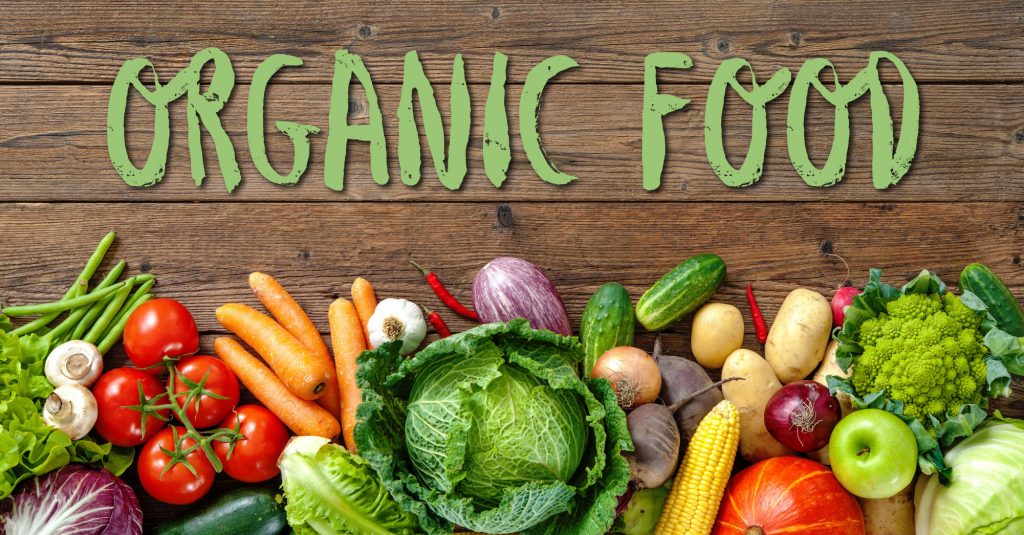
The Catholic Times in its recent issue has a cover story and two articles on a very important topic that demands a great deal of thought in its coverage. Where does the food that we eat come from?
This is a world where you can buy countless foods regardless of the season by just going to the supermarket. However, if you make a study of what is sold it is full of meat that has antibiotics, vegetables grown in land contaminated with chemical fertilizers and pesticides, and genetically modified grains. Can a table filled with these foods truly be considered a complete meal that protects health?
The production process of favorite foods such as meat emits enormous amounts of greenhouse gases and pollutes the land and becomes food again for our dinner table.
The climate crisis is a phenomenon that arises from this environmental pollution—economic logic took precedence, such as using petroleum-based chemical fertilizers to harvest more quickly than nature permits. A way of life humans live without considering creation.
In his recently released exhortation "Praise God", Pope Francis said: "Finally, we can add that the COVID-19 pandemic brought out the close relationship of human life with that of other living beings and with the natural environment. But especially, it confirmed that what happens in one part of the world has repercussions on the entire planet. This allows me to reiterate two convictions that I repeat over and over again: 'Everything is connected' and 'No one is saved alone'" (paragraph 19).
As experts point out, 'In the 21st century, food’s impact on the Earth has become the largest in history in terms of size and speed'. Food now is also a means of responding to the climate crisis. Preparing the table with living agricultural products is an effort to preserve God's created order and is an ecological apostolate activity that transforms our table into a table of life.
The problem of the dining table is a problem of the global community in which we must live and a problem of life. Church communities and Christians walking the ‘Laudato Si’ 7-year Journey’ must rethink our meals concerned with the climate crisis.
'Life agriculture', which reduces carbon emissions without using chemical fertilizers and pesticides, is the starting point of the solution. Consumers can achieve life agriculture together by choosing organic food and Eco-friendly food. In the Korean church, the Catholic Farmers' Association and the Headquarters of the Movement to Revive Our Rural Areas are at the forefront of 'life agriculture'.
The Bishops' Conference Ecology and Environment Committee said in its 28th Farmers' Sunday Message: "Christians consider it more and more important to protect and respect all life by choosing organic farming, rather than participating in industrial agriculture, which can lead to the mass slaughter of living things. "We have to do it," he said.
The prices of Eco-friendly organic products are not cheap. When you think of a thin wallet, you might hesitate. But this is a matter of choice. Despite the rise in inflation, the price of rice did not change significantly. The ‘rice price of 300 won per bowl’ demanded by farmers has not yet been achieved. An official from the Movement to Revitalize Our Rural Areas recommended: "If you can’t change all your food, start by changing your staple food, rice."
The head of the Seoul Archdiocese's Rural Restoration Movement Headquarters said: "Making our table a table of life and justice is a choice for all of us and a choice for Christians living the 'Laudato Si’ 7-Year Journey.'" He also emphasized, "Preparing the table with living agricultural products is an effort to preserve God’s created order and is an ecological apostolate activity that transforms our table into a table of life."
What we eat creates the future of our common home. This is why the Christian meal table must change. The choice of finding organic crops and Eco-friendly food is the beginning of change. Let’s look at the dining table as a matter of life.